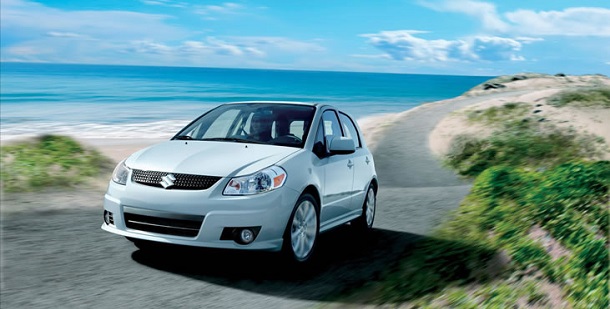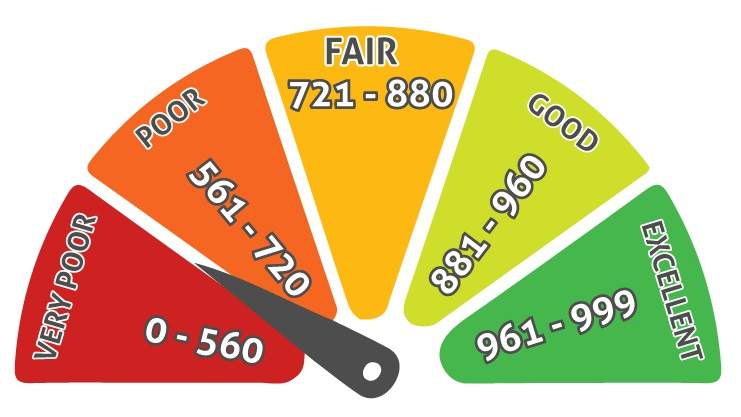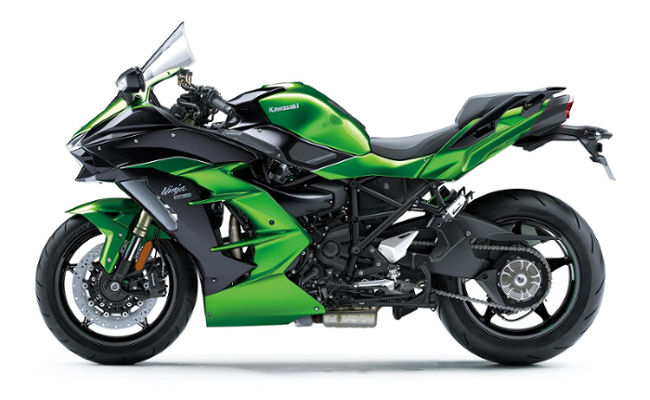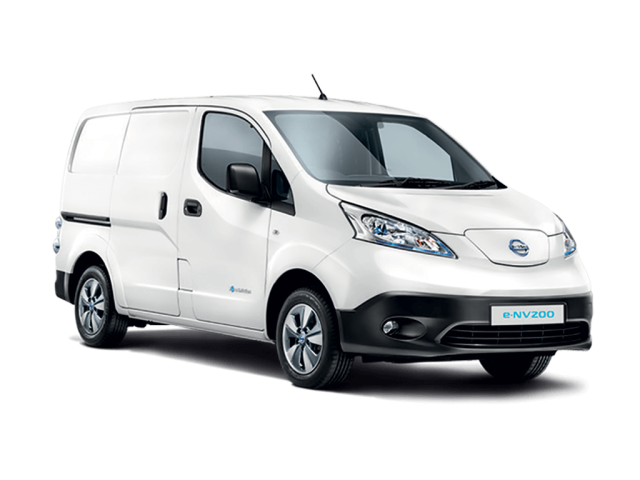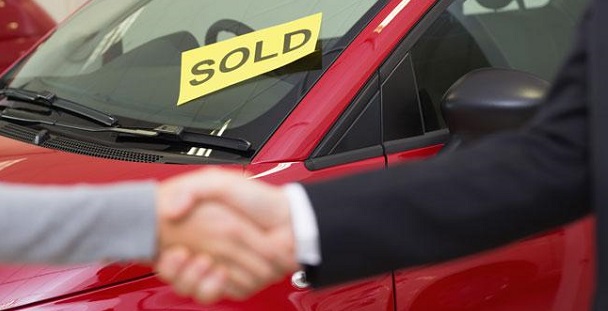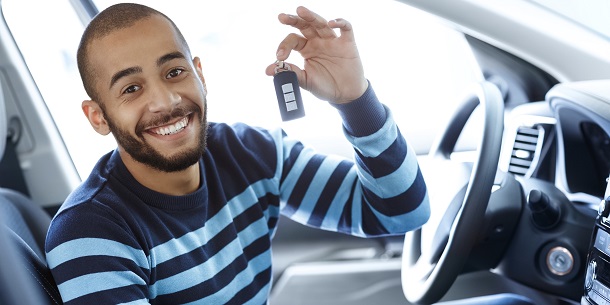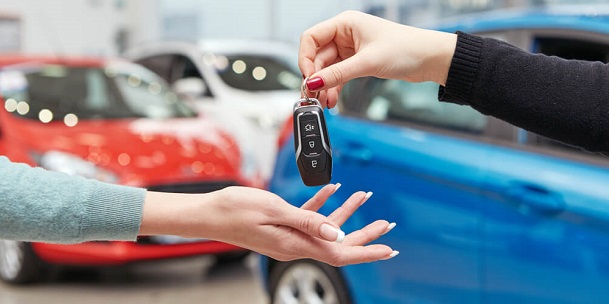
Using a finance agreement is a popular way of funding a car purchase. It can give you access to vehicles that might usually be out of your price range and gives you the chance to split the cost over several years instead of paying out in one go.
While there are many benefits to purchasing a car using finance, there is one major downside. When you buy a vehicle on finance, you are often stuck with it for the length of the finance agreement, which is typically around five years. Many people find themselves in a situation where a couple of years into the agreement, they want to change cars or get a new vehicle.
If you have a finance agreement on your car but want to upgrade to another vehicle, then you’re in the right place. This guide explains everything you need to know about trading in a vehicle with outstanding finance.
How To Trade In A Car With Outstanding Finance?
There are some common misconceptions around trading in a vehicle that has outstanding finance. Some people believe that a car with outstanding finance cannot be traded in until the finance has been settled, while others believe that trading in and getting a new car wipes out the finance. Both have some truth behind them, but it often isn’t that straightforward.
If you have a vehicle with outstanding finance, that is worth more than the remaining balance on the finance agreement, then it can often be traded back to the dealer, and the finance agreement settled. However, if you have a car that has a trade-in value that is less than the remaining finance, then you will be responsible for paying the remaining balance when you trade in.
This is called having negative equity and is common if you want to trade in a vehicle at the early stages of a finance plan.
When you are in negative equity when you want to trade your car in, your car dealer may be able to roll over the finance agreement for you. This means the remaining balance on the existing agreement is added to the new agreement for the new car, and they are paid off together. This can save the hassle and confusion of having two finance agreements to pay at the same time and means you can essentially settle the first initial agreement.
When you have a car finance agreement, you should be aware of exactly how much you have paid, how much you have left to pay, and the value of your car. This can help you make an educated decision on whether trading in for a new car is going to be worthwhile.
Why Trade In A Car With Outstanding Finance?
There are many reasons why car owners choose to trade in cars with an outstanding finance agreement. Perhaps you want a newer model, are looking to reduce your monthly outgoings or you have different requirements from your vehicle than when you first got the car.
As well as all these personal reasons for trading in a car with finance, there are some other benefits to consider:
- Cost Efficient: Cars are often very expensive to run and maintain, and on top of the monthly finance repayments, you will also be having to pay for any repairs and running costs. If you are having to pay out more than you expected with repairs and upkeep, then trading in can be a cost-efficient choice.
New models almost always need fewer repairs and ongoing maintenance, which can end up saving you a lot of money. They are also usually more fuel-efficient than older models, making them cheaper to run. If your current car is costing you a lot in fuel and maintenance, then trading in for a newer model could save you money in the long run.
- Dealership Incentives: Car dealerships are always offering new deals and promotions, especially on new models. These kinds of offers are usually geared towards trade-ins, and they can mean you can get a really great deal on a new car.
As well as these trade-in promotions, car dealerships always want to promote customer loyalty. This means they are likely to be open to negotiations on a trade-in deal in the hope that you will keep coming back every time you want a new vehicle.
- Research: Making a good trade-in deal with a car dealership is always easier if you have spent the time researching what is available. If you know exactly what you want, the model you are after and the kind of price you are looking to pay for it, then you are more likely to get what you are after. By trading in a car with outstanding finance, you are giving the dealership an incentive to provide you with a good price on the new vehicle you are after.
There are plenty of free resources online for researching new cars and current finance deals. You can enter in the details of your current vehicle to get an idea of the kind of trade-in deal you might be offered.
When To Trade In A Car With Outstanding Finance?
Timing is critical when it comes to trading in a car with outstanding finance. If you have only recently taken out your finance agreement, then trading it in will likely be a bad move financially. The chances are you will be in negative equity with your car as it will have dramatically decreased in value as soon as you purchased it.
This means that if you trade it in early on, you will have to pay out a lot to settle the finance agreement. By waiting for the cost of trading in to even out with your outstanding finance, you will not lose as much money on the deal.
Read your finance contract carefully if you are considering trading in early, as some agreements might have early payment fees associated with them. This can make the trade-in more expensive that you expected.
